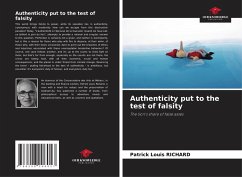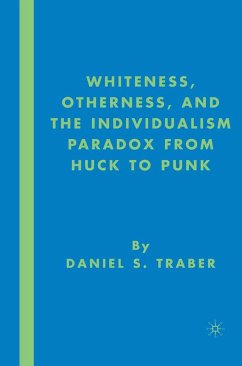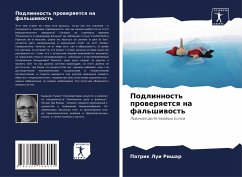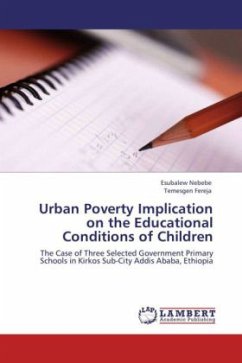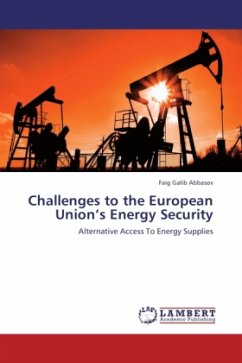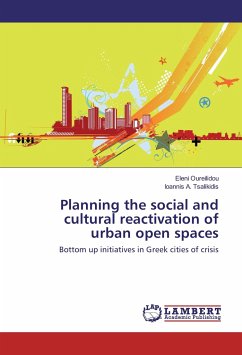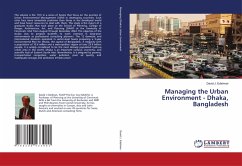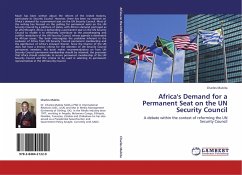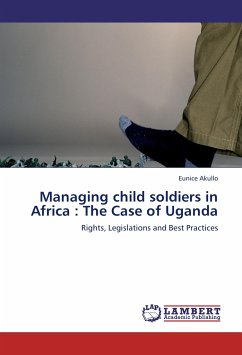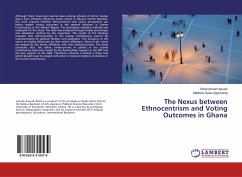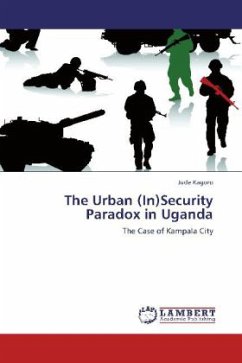
The Urban (In)Security Paradox in Uganda
The Case of Kampala City
Versandkostenfrei!
Versandfertig in 6-10 Tagen
39,99 €
inkl. MwSt.

PAYBACK Punkte
20 °P sammeln!
This book uncovers a myriad of competing perceptions and different feelings about (in)security in Uganda's capital; Kampala city. The aforementioned are described as the urban (in)security paradox. The paradoxes range from whether the state's security forces are a source of security or insecurity, whether Kampala is secure or insecurity to the inseparable nature of state politics and security. The book locates the urban (in)security paradox in Uganda at the intersection of the global trends of urban security challenges, Uganda's socio-political history and the existing shared perception that t...
This book uncovers a myriad of competing perceptions and different feelings about (in)security in Uganda's capital; Kampala city. The aforementioned are described as the urban (in)security paradox. The paradoxes range from whether the state's security forces are a source of security or insecurity, whether Kampala is secure or insecurity to the inseparable nature of state politics and security. The book locates the urban (in)security paradox in Uganda at the intersection of the global trends of urban security challenges, Uganda's socio-political history and the existing shared perception that the security forces are the most important political power base. The book discusses forms of crime/insecurity especially terrorism and armed robbery and shows how the state has thus-far reacted in the attempt to combat these crimes.Furthermore the book highlights on the perspectives of (in)security illustrating how the levels of feeling (in)secure differ among different social groups. four different social clusters of; socio-economic class, gender, security officers and politicians are discussed in fair details.



